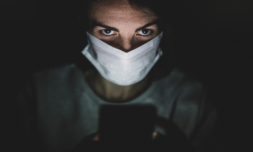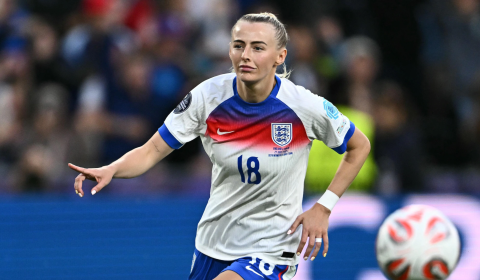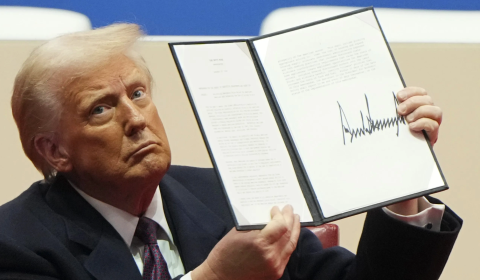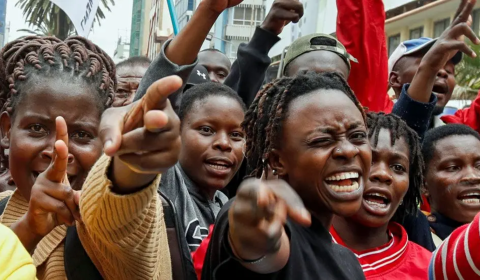World leaders, companies, and international NGOs pledged €7.4 billion to develop new tools to detect, treat, and prevent the coronavirus during a fundraiser held earlier this week.
Here’s something you don’t see every day: world leaders calling in from their homes and offices for a televised videoconferencing summit hosted by the EU and adjacent states where billions of euros are pledged to a common cause. The world’s experiment with running itself from home puts another notch on COVID-19’s belt of firsts.
The summit was held on 4th May. It had a goal of €7.5 billion, and fell just shy of this with 7.4, however funds are expected to continue to filter in.
‘This will help kick-start unprecedented global cooperation,’ European Commission chief Ursula von der Leyen said at the end of the Coronavirus Global Response pledging event, adding, however, that ‘much more’ will be needed in the upcoming months. The EC itself pledged €1.4 bn, however, its financial commitment does not represent exclusively newly allocated resources.
Thank you for supporting the Coronavirus Global Response #UnitedAgainstCoronavirus #StrongerTogether pic.twitter.com/kO7bvYSx5j
— Ursula von der Leyen (@vonderleyen) May 4, 2020
The UK’s Prime Minister Boris Johnson pledged almost €388 million, German Chancellor Angela Merkel pledged €525 million, the French President Emmanuel Macron €510 million, Canada’s Justin Trudeau €551 million, and, while the Norwegian Prime Minister Erna Solberg said it would provide almost €1 billion to the Global Alliance for Vaccines and Immunizations (GAVI). Leaders from outside the EU, including Saudi Arabia, Japan, and Australia also contributed.
The Bill and Melinda Gates Foundation and UK-based health charity Wellcome Trust were the most notable of the independent contributors, both donating around €50 million each.
Notably absent from the event was the United States, which has suspended funding to the World Health Organization, and Russia.
The main aim of the fundraising venture was to begin channelling the necessary amounts of collective international capital into finding a vaccine for the virus. The scientific consensus is that it could take at least 18 months of well-funded research to concoct such a cure, and even that would be considered speedy progress. Needless to say, achieving this will require unprecedented global cooperation.
The global community will have to stay closely married throughout ever stage of the virus’s eradication – even after a vaccine has been found there will be major challenges to manufacture and distribute on the required scale. Hopefully Monday can be considered the first step to realising the spirit of solidarity needed.
Advanced research is taking place in China, the US and several European countries. There are now over 100 vaccine candidates in development around the world, but at this early stage there’s no way to predict whether any will be successful. ‘The name of the game is to have as many shots as possible in order to hit the target,’ The Wellcome Trust’s Alex Harris told Euronews.
There are now more than 3.6 million confirmed COVID-19 cases worldwide, and the global death toll from the disease has topped 250,000, according to a tally by Johns Hopkins University.
As the world wait patiently in lockdown, we can only hope that countries continue to be generous with their GDPs so that we don’t have to see this death toll rise much further. Extracting alternative aid plans from nations that remain aloof remains at the top of the diplomatic agenda.

















